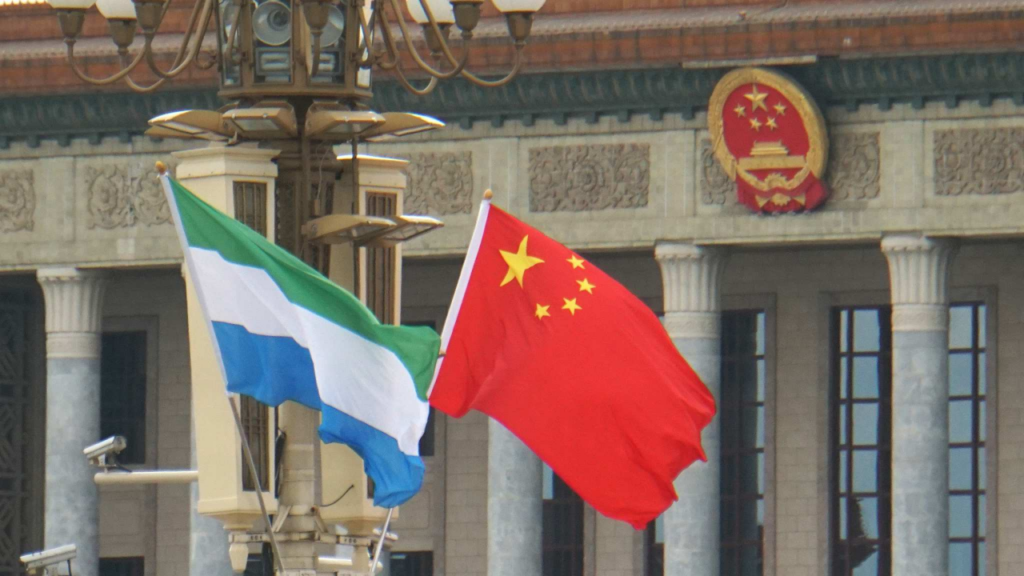By Mohamed Kelfala Fofanah
In what seems like the geopolitical switch from the Western World, Sierra Leone is fast embracing China and Russia. The People’s Republic of China and the Republic of Sierra Leone established diplomatic relations on July 29, 1971, but in recent times, the relationship has taken a sharp twist, with the Chinese on the verge of taking over every aspect of Sierra Leone’s economy. The Chinese now control Sierra Leone’s biggest economic asset, the mine, which has an estimated resources of 13.7 billion tonnes, was rolled over from China’s state-backed Shandong Iron & Steel Group, Kingho. Shandong bought the mine in 2015 but stopped operations when the Sierra Leone government cancelled its licence, along with those of several other big projects, in 2019, amid a push to ensure the country benefited from its natural resources. Kingho restarted operations at the site, promising to construct a plant to process high-grade products from raw magnetite and build an industrial park in three years, but up till now no plant construction has taken place.
China has been trying to ease its reliance on overseas iron ore, which accounts for 80% of its current consumption per year. In 2022, the Parliament of Sierra Leone ratified the China Kingho Company’s Rail and Port Lease Agreement for two years, which expired this year. The International Monetary Fund advised the government to give equal access to all players that show concern in the operation of the Rail and Port, but that advice fell on deaf ears, as the government is on the verge of extending the agreement with Kingho, despite an existing agreement with Arise IIP, signed early January 2023.
In May 2021, China purchased Black JohnsonBeach rainforest for the construction of a fishing harbour. The $55m (£39m) deal struck by the government of Sierra Leone with China to build an industrial fishing harbour on 100 hectares (250 acres) of beach and protected rainforest was criticised as “a catastrophic human and ecological disaster” by conservationists, landowners and rights groups.
The gold and black sands of Black Johnson Beach fringe the African nation’s National Park, home to endangered species, including the duiker antelope and pangolins. The waters are rich in sardines, barracuda and grouper, caught by local fishermen, who produce 70% of the fish for the domestic market.
The Chinese also operate the two-lane Wellington-Masiaka Highway project, which was supposed to be expanded into a four-lane highway but is yet to be realized. The Chinese company, called China Railway Seventh Group (CRSG), runs it on a Build, Operate and Transfer (BOT) basis.
The toll system helps in paying for its construction, operation and management.
